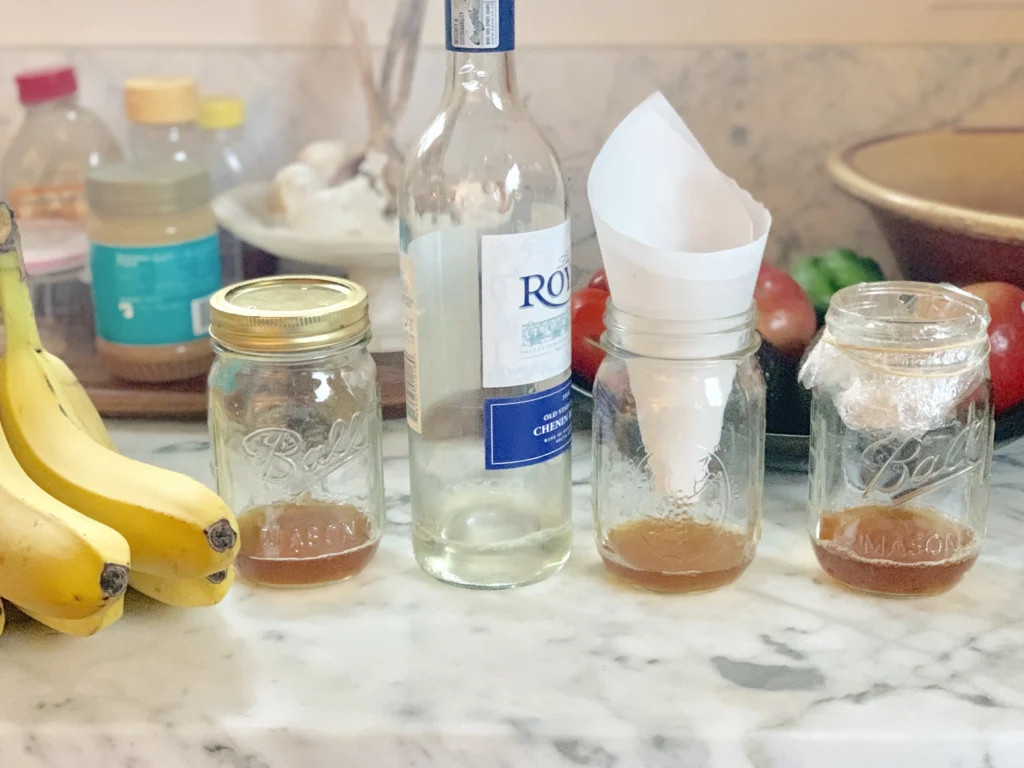A Personal Journey to Overcoming Fruit Flies
When I first encountered fruit flies in my kitchen, I underestimated their persistence. Tossing out a few bananas didn’t solve the problem, and the flies kept returning. After a more thorough inspection, I discovered hidden attractants, like a sticky juice spill behind my toaster. A deep clean of my kitchen, combined with setting up vinegar traps, quickly reduced their numbers.
Cleaning the drains was another game-changer. A mix of boiling water and vinegar not only eliminated the flies but also removed unpleasant odors. Over time, adopting habits like refrigerating fruits and immediate cleanup after cooking ensured my kitchen remained fruit fly-free.
Conclusion: A Clean Kitchen is a Fruit Fly-Free Kitchen
Eliminating fruit flies requires a combination of cleanliness, strategic trapping, and preventive measures. By identifying infestation sources, addressing breeding grounds, and maintaining a spotless environment, you can effectively rid your kitchen of these pests. Persistence and attention to detail are key to keeping fruit flies at bay for good.
Frequently Asked Questions About Fruit Flies
Q: What’s the fastest way to get rid of fruit flies?
A: Set up apple cider vinegar traps and clean your kitchen thoroughly for quick results.
Q: How do I clean drains to eliminate fruit flies?
A: Pour boiling water and vinegar down the drain, scrub with a stiff brush, and use an enzyme-based cleaner for stubborn buildup.
Q: Are fruit flies harmful?
A: While they don’t bite, fruit flies can contaminate food with bacteria, so thorough cleaning is essential.
Q: Are fruit flies and gnats the same?
A: No, fruit flies are attracted to fermenting food, while gnats often prefer soil and water.
Q: Do fruit flies die in cold weather?
A: Cold temperatures slow their activity, but dormant eggs may hatch when it warms up.
Q: Should I use chemical sprays for fruit flies?
A: Chemical sprays kill adult flies but don’t address breeding sites. Traps and cleaning are more effective.
Q: How long does it take to get rid of fruit flies?
A: Consistent cleaning and trapping can eliminate fruit flies within a few days to a week.
Q: Are essential oils safe to use as repellents?
A: Yes, essential oils like lavender and peppermint are natural, safe repellents.
Q: Why are fruit flies drawn to garbage disposals?
A: Moisture and organic residues in disposals create a perfect breeding ground for fruit flies.
Q: Can fruit flies come from houseplants?
A: While fruit flies don’t usually target houseplants, they can be mistaken for fungus gnats, which thrive in overwatered soil.


:max_bytes(150000):strip_icc()/How-to-prevent-fruit-flies-FT-BLOG0724-7060ee343a7c4676af481177d290e20f.jpg)